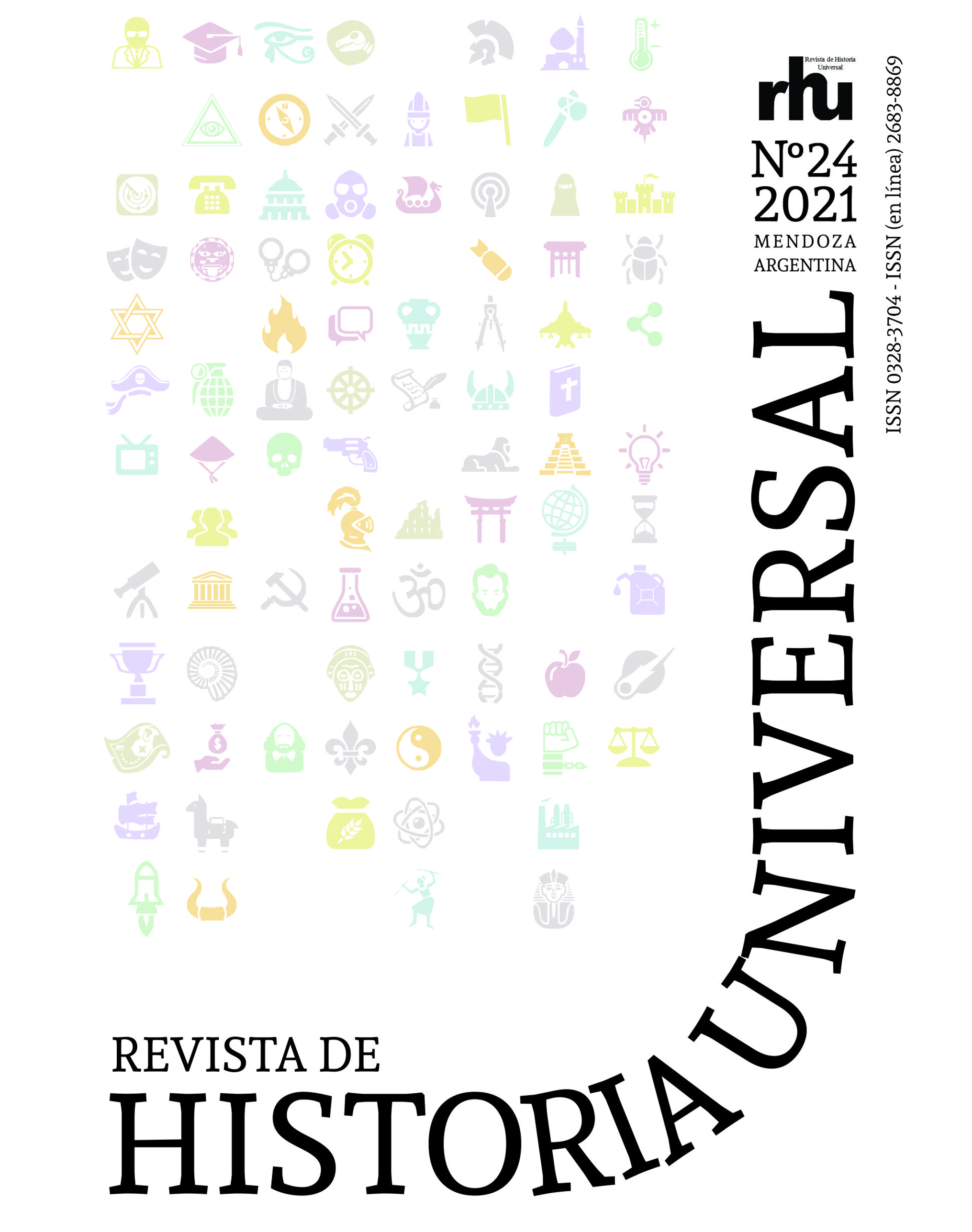Death in the rhythm towards the incorruption of man, in Irenaeus of Lyons' doctrine
Keywords:
Pedagogical process, Perfectibility , Human development, IncorruptionAbstract
In the Irenaean doctrine, man is considered essentially fleshmade and shaped. This human reality, of being madeflesh, denotes the creature's ontological dependence with its creator, since it obtains existence from Him. From its origin, man can never renounce or escape his relation to God. By being a creature, man, belongs to the category of beings factus as opposed to being infectus which is God. The other term that defines the human condition is to be embodied. Man, and only him, was made factus through the plasis of God's hands. It was plasmatus. He earned the privileged honor of being shaped by God. The idea of embodiment leads us directly to the human conditions of flexibility, malleability and capacity for transformation. Are not these essential conditions of every disciple in his pedagogical process? Thanks to these qualities, man is suitable for thedevelopment and growth that he will have to display along his existence.
Death, will it be an obstacle to this process? Man, created and destined for eternal life, by suffering death, is he left without the possibility of completing his divine configuration? Does death, and life after it, have some pedagogical purpose? We will answer these questions from the doctrine of the Bishop of Gaul.
References
Alighieri, D (2015). Obras completas de Dante Allighieri. Madrid: B.A.C
Dufourcq, A. (1940). El cristianismo antiguo. Desde los orígenes hasta el feudalismo, Buenos Aires: Librería Hachette.
Eusebio de Cesarea. (1973). Historia Eclesiástica, Tomo I, Madrid: BAC.
Evieux, P. (1967). Théologie de l’accoutumence chez Saint Irénée, S/L, RSR.
Hernández de Lamas, G. B. (2016). La educación de la justicia: el contrapaso en la comedia dantesca [en
línea]. Prudentia Iuris, 82. Disponible en: http://bibliotecadigital.uca.edu.ar/repositorio/revistas/educacion-justicia-contrapaso-comedia-dantesca.pdf
Morales, E. (2008). Introducción a la Patrología. Buenos Aires: San Benito.
Polanco Fermandois, R. (2000). El milenarismo de Ireneo o teología
antignóstica de la caro capax Dei, en: Teología y Vida, v.41 n° 1, (2000), Santiago disponible en: http://www.scielo.cl/scielo.php?script=sci_arttext &pid=S0049-34492000000100003
Renan, E. (1946). Historia de los orígenes del cristianismo. Tomo II, Buenos Aires: Editorial Argonauta.
Rousseau, A. & Doutreleau, L. (1974). Irénée de Lyon. Contre les Hérésies. Libre III (SC 210-211), 2 vol., París: Les Éditions du Cerf.
Rousseau, A., Hemmerdinger, B., Doutreleau, L. & Mercier, C. (1965) Irénée de Lyon.
Rousseau, A., Doutreleau, L. & Mercier, C. (1969). Irénée de Lyon. Contre les Hérésies. Libre V (SC 152-153), 2 vol., París: Les Éditions du Cerf.
Vives, J. L. (1970). Los Padres de la Iglesia. Barcelona: Herder.







